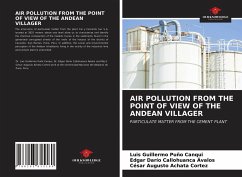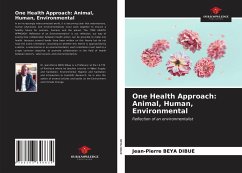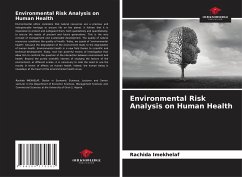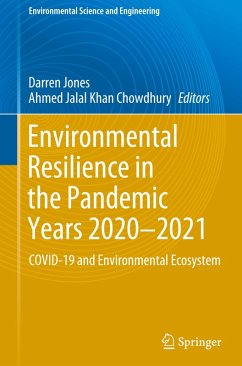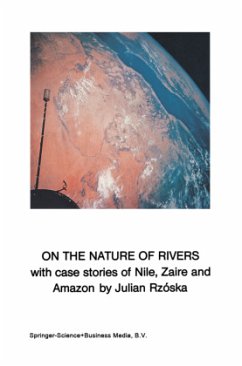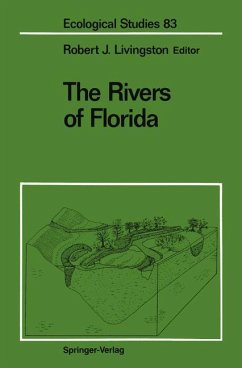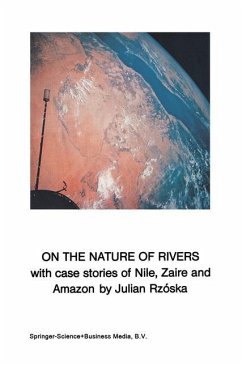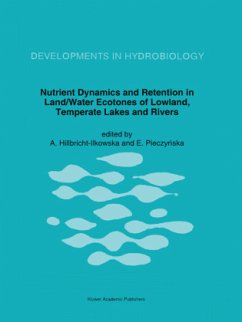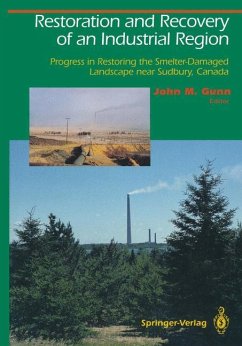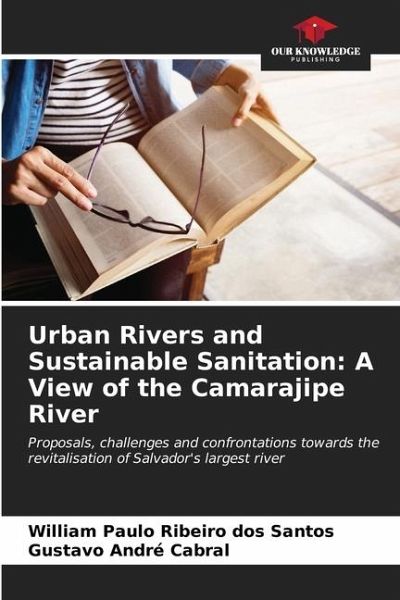
Urban Rivers and Sustainable Sanitation: A View of the Camarajipe River
Proposals, challenges and confrontations towards the revitalisation of Salvador's largest river
Versandkostenfrei!
Versandfertig in 6-10 Tagen
27,99 €
inkl. MwSt.

PAYBACK Punkte
14 °P sammeln!
Already a metropolis, Salvador, Brazil's first capital, developed by leaps and bounds. The city's voracious development was due to a number of historical events, which caused the city to prosper economically for several years. The huge urban sprawl that continues to this day has increased the degradation and fragmentation of natural resources. The capital of Bahia is currently facing major socio-environmental challenges as a result of disorganised progress over the years. In Salvador, as in most Brazilian capitals, the balance between city development and nature conservation is insipient and c...
Already a metropolis, Salvador, Brazil's first capital, developed by leaps and bounds. The city's voracious development was due to a number of historical events, which caused the city to prosper economically for several years. The huge urban sprawl that continues to this day has increased the degradation and fragmentation of natural resources. The capital of Bahia is currently facing major socio-environmental challenges as a result of disorganised progress over the years. In Salvador, as in most Brazilian capitals, the balance between city development and nature conservation is insipient and continually misaligned, devastating green areas and rivers, for example. Rivers deserve special attention because they are the source of the most indispensable resource for maintaining life: water. Rio de Janeiro's rivers are feeling the intense impacts of urban pressure, including the capital's largest river, the Rio Camarajipe, which is waiting for the support of its people. In order to show the benefits of river revitalisation, this paper takes the Camarajipe as an example and proposes interventions with an emphasis on sustainable sanitation.



